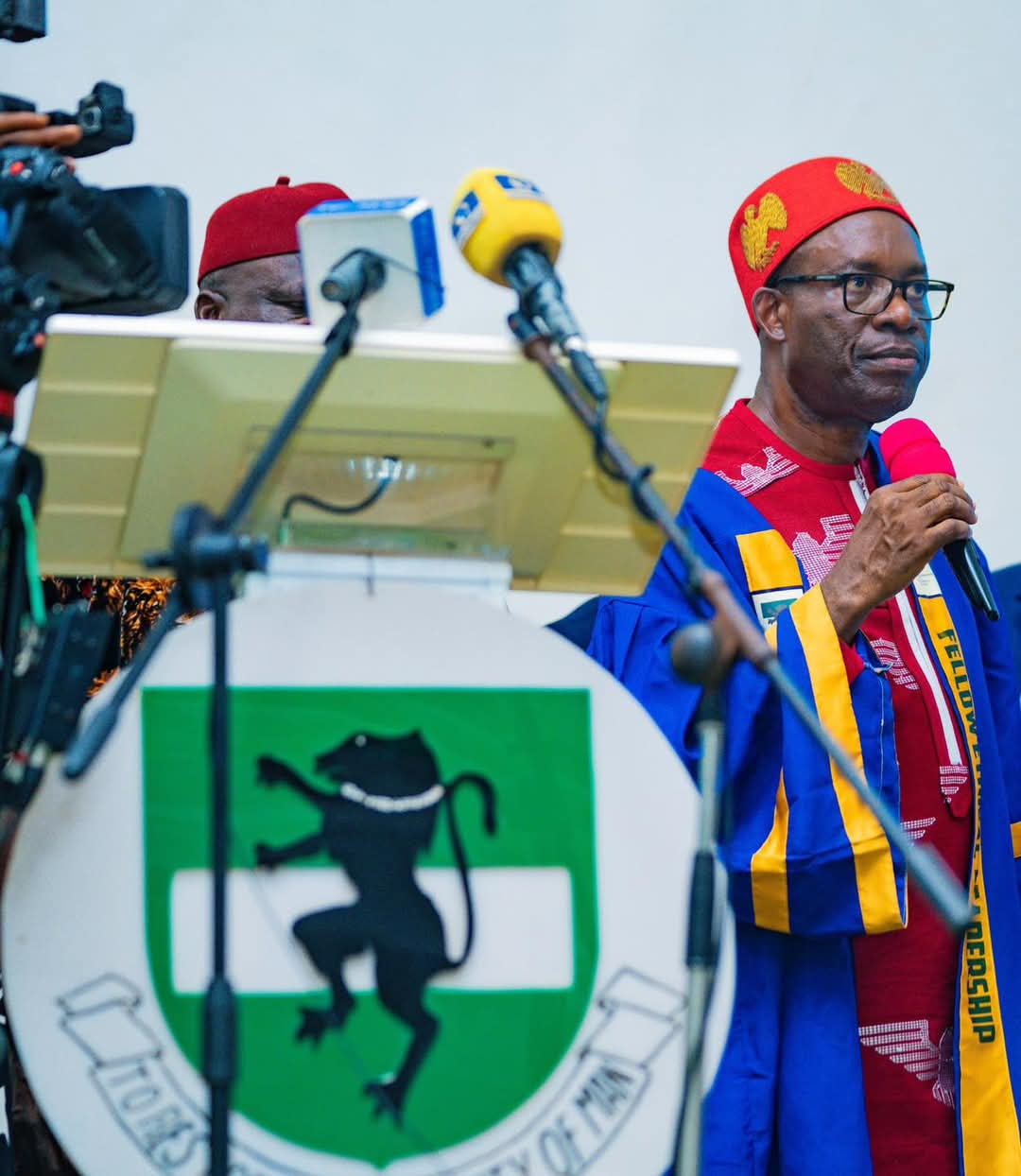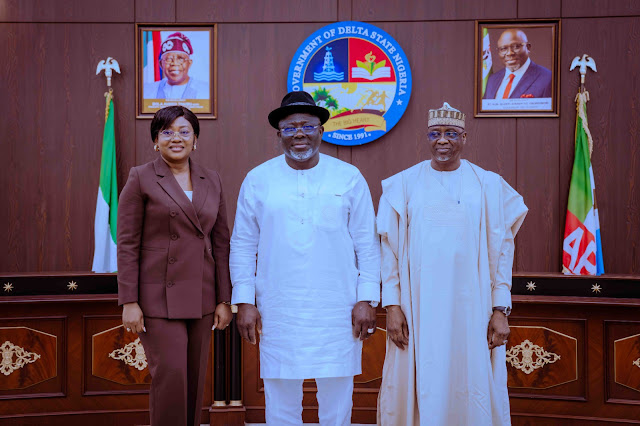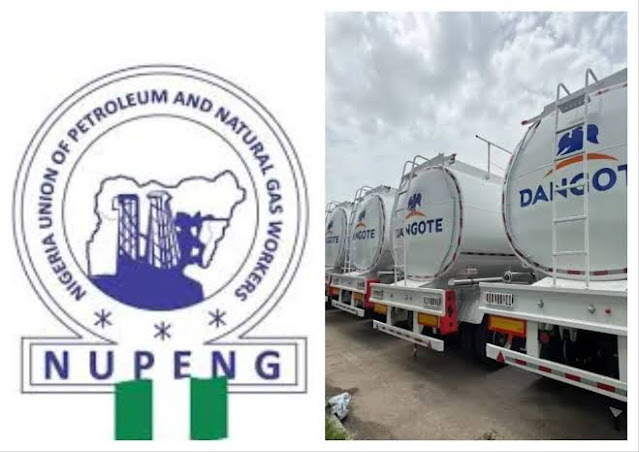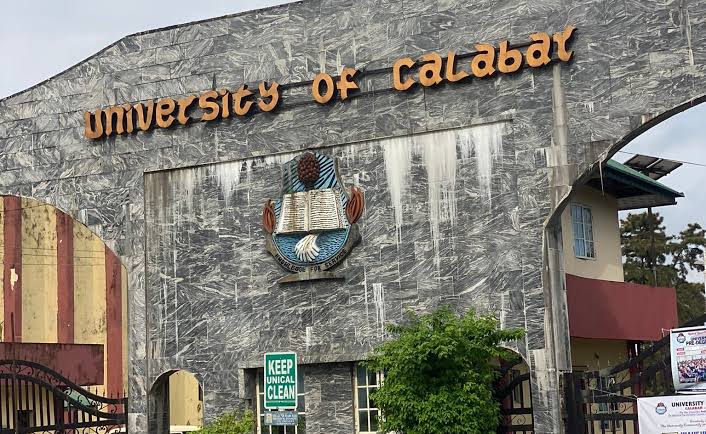Gov Soludo Reveals What To Do With Old Govt House
IZUNNA OKAFOR

The Executive Governor of Anambra State, Prof. Charles Chukwuma Soludo, has once again drawn attention to his administration’s commitment to ethical leadership, transparency, and prudent management of public resources, revealing that a staggering sum of ₦137 million was being spent monthly just on office cleaning before he assumed office.
Governor Soludo made the revelation on Friday while delivering a keynote address titled “Ethical Leadership, Security, and Sustainable Development” at his alma mater, the University of Nigeria, Nsukka (UNN), where he also shared insights on the critical reforms and development strides recorded under his administration in the past three years.
Addressing the audience, which included academics, students, professionals, and policymakers, the Governor recounted his experience upon resumption of office and his swift move to probe the excessive cleaning expenses he met on ground.
“When I came to office, ₦137 million was being spent monthly for cleaning offices,” he revealed.
He explained how he immediately constituted a committee to review the expenditure, adding that the committee initially reduced the figure to ₦70 million, then to ₦30 million — figures which he still found outrageous.
“I told them it still didn’t make sense. I asked: what do I do with this kind of review? At the time, minimum wage was ₦30,000. So I did the math — even if we hired 200 people and paid them minimum wage for that job, that’s ₦6 million. Add ₦4 million for consumables, and that’s still just ₦10 million. So why are we spending over ₦130 million?”
Eventually, after another round of audit and pressure, the committee brought the figure down to ₦11 million.
“From ₦137 million to ₦11 million — that’s a monthly savings of ₦126 million, and over ₦1.5 billion annually from that item alone,” Soludo stressed, describing it as a symbol of extraordinary prudence and responsible governance.
Beyond cleaning expenses, Governor Soludo highlighted how this culture of ethical leadership and prioritization has translated into tangible benefits for the people of Anambra. He spoke passionately about his government’s free maternal healthcare initiative in public hospitals — including antenatal, delivery, and caesarean services — which has so far benefitted over 107,000 women and over 400 caesarean cases, all with zero recorded mortality.
“That is what empathy means. That is why we say we’re progressives — because we implement progressive policies that aim to leave no one behind,” he noted.
Soludo did not shy away from the fact that ethical leadership is challenging, but, however, emphasized on the need for extraordinary character to lead in such a way that prioritizes merit over favoritism, which he described as a merit-based system.
He warned against the dangers of patronage-based recruitment, especially in key sectors like education and health. Drawing from a past article he wrote in 1996 titled “Who Will Teach My Children?”, he emphasized the long-term damage that unqualified teachers or staff can cause to society, stressing the critical need for merit-based appointments. He emphasized that all the recruitments and even appointments so far made under his administration were all based on merit, and never by favouritism, irrespective of where the person is coming.
“The interest of the Anambra child is to be taught by the best teacher in the world, not by the incompetent teacher from his village,” the Governor declared.
Drawing reference from his administration, the Governor further explained that ethical leadership in government also extends to publishing state budgets, holding regular town hall meetings, embracing e-governance, minimizing cash handling, reforming procurement processes, and more — all aimed at building public trust, enhancing investor confidence, and achieving sustainable development.
Reflecting on his long-term vision for the state, the Governor recounted his 2006 lecture to the League of Anambra Professionals where he introduced the concept of Anambra as the African Dubai-Taiwan-Silicon Valley (ADTS). This idea, he noted, was further articulated in the Anambra Vision 2070 plan and his manifesto — the Soludo Solution, which he said, have all guided his development agenda.
“We are building the foundations for a 50-year development plan with five pillars: Security and Law and Order; Economic Transformation and Infrastructure; Human Capital Development; Governance and Rule of Law; and the Environment,” Soludo enumerated.
He also lamented the devastating erosion problem in Anambra, describing it as the state’s greatest existential threat, with one-third of the land already endangered.
In what seemed like a major announcement, the Governor also disclosed that the entire former Government House premises, which spans over 30 hectares, is currently being transformed into Anambra’s own Silicon Valley — a hub for innovation, technology, and creativity.
The move, he said, was long overdue, as Anambra had never had a proper Government House since its creation in 1991. He decried how the state’s governance operations had, for over three decades, been domiciled in a makeshift facility, originally a yard for a road construction company workers in the 1980s, where they were sleeping and parking their equipments during the construction of the Enugu-Onitsha Expressway.
According to him, that jinx has now been broken with his administration’s completion of a world-class, eco-friendly Government House mini-city, comprising 56 structures — including a Governor’s Lodge, Presidential Lodge, Deputy Governor’s Office, hospital, State Banquet Hall, and an amphitheater with a 1,250 seating capacity, among other essential and fascinating structures.
The Governor also invited Nigerians to visit Solution Fun City, a newly-developed leisure park and international country club in Awka, which he described as the first of its kind in the South East and globally unique.
He emphasized that the long-term goal is to reposition Anambra from being a departure lounge to becoming a destination point — a place where people live, work, invest, learn, relax, and enjoy.
On security, Soludo reflected on the dire situation he inherited, where eight local governments were completely overrun by violent non-state actors, rendering campaigns and governance nearly impossible. He narrated how his administration took the battle to the criminals, dismantled over 60 camps, and restored normalcy in those areas.
He said his administration didn’t just use guns, but also got interested in finding out the supply chain of criminality and tackling the problem from the root. He blamed fake prosperity messages from certain religious quarters and the harmful roles of Okeite traditionalists, who deceive youths into believing in magical wealth through rituals and criminality. These, he said, are seriously being tackled by the government, resulting in the enduring peace and security in the state.
He further called out parts of Nollywood for perpetuating dangerous narratives about wealth through magic, with assurance that their sins will be forgiven and be free from any consequences that may result from it in later days, when a pastor prays for them — thereby corrupting the mindset of the youth.
Governor Soludo emphasized that ethical leadership must also provide security, adding that it is the bedrock of any meaningful development. He urged all sectors — religious, entertainment, and traditional — to play their part in reorienting the society.
Governor Soludo, who also reeled out his administration’s achievements so far in different sectors of the state — including infrastructure, education, healthcare, agriculture, power and water resources, also reminded the audience that ethical leadership is not just a concept to be preached, but a lifestyle to be lived daily. This, he said, is the foundation upon which his administration is building a livable and prosperous homeland, towards achieving a greater Anambra.
The Governor was thereafter, conferred with an award as a ‘Fellow, Ethical Leadership and Security Management’, by the Management of the University, among others awards and presentations from other groups, including the Anambra students in UNN, among others.






